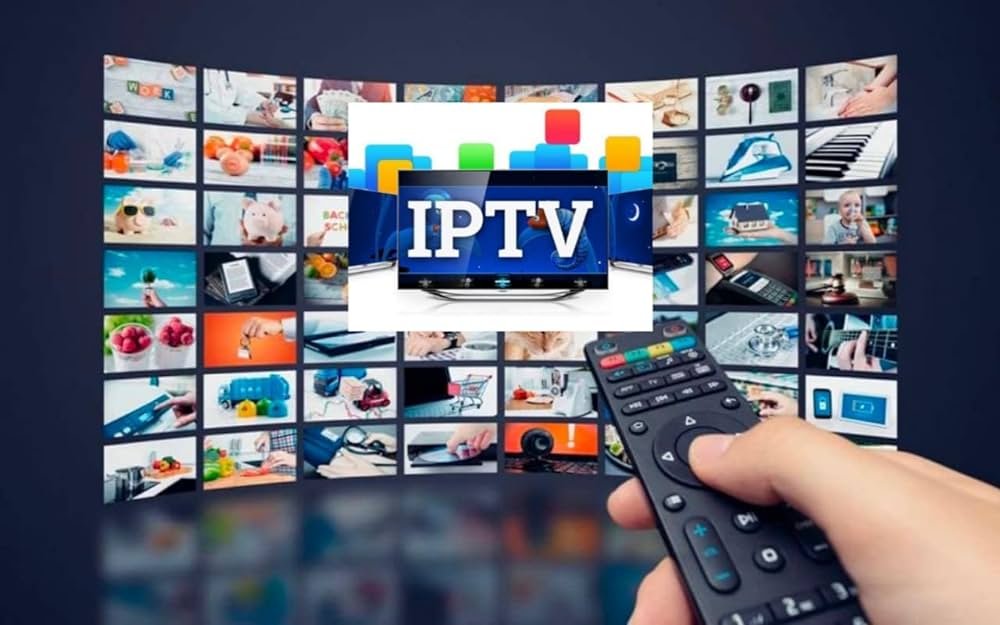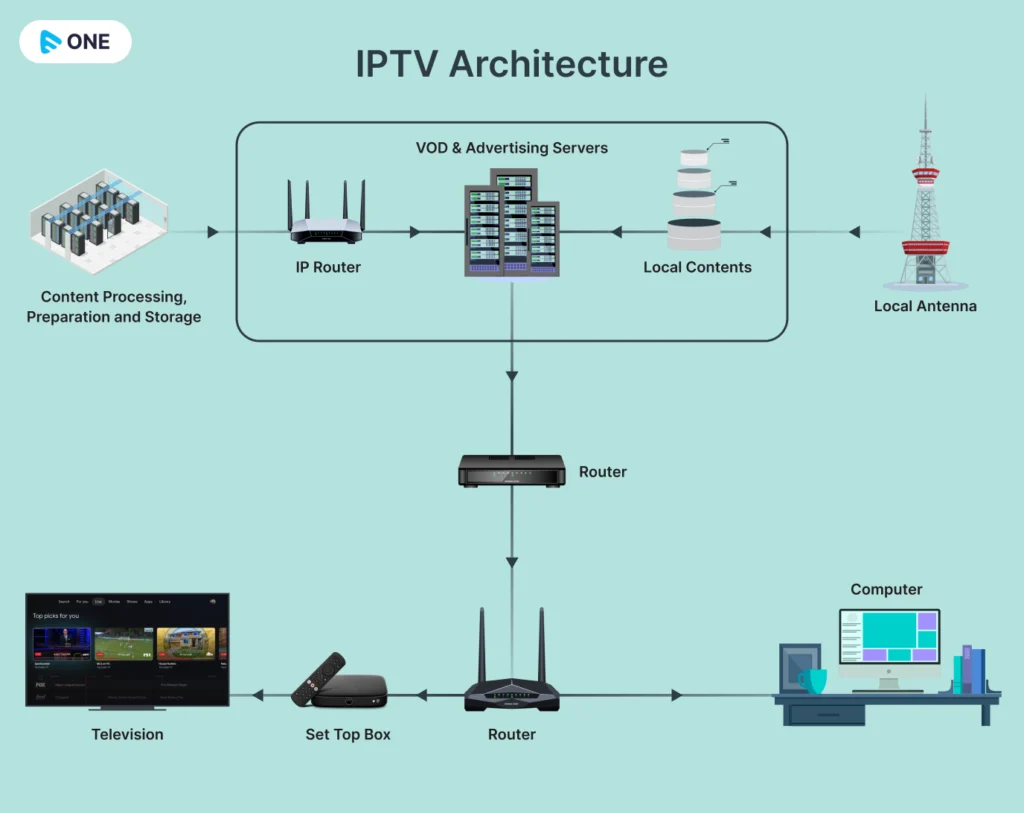IPTV: Everything you need to know about it

What is IPTV?
If you are reading this, you must be eager to know exactly what IPTV, Internet Protocol Television, is all about. Have you ever streamed a movie or TV show on the Internet? IPTV is based on similar technology and there is nothing Greek about it.
With the help of IP TV, you will have the opportunity to experience three different types of content. That includes:
Live television or multimedia, and comes with interactivity or without interactivity.
Video on Demand.
Delayed programming
Get a free trial of our service!

What is the difference between IPTV and ITV?
To enjoy IPTV, you will need to have a player and a subscription. On top of that, you will also need to have a set-top box and a high-speed internet connection. You will then be able to stream media and view them through your device.
When it comes to ITV, the television broadcast is sent to the decoder. This would be similar to the functionality of a cable box. Therefore, you can ensure that you don’t have to go through the hassle of browsing websites to enjoy the content you want. You can stream multimedia content comfortably from your home and enjoy it.
IPTV standards vary
When you take a look at IP TV standards, you’ll notice a multitude of variations. This differs mainly due to geographical regions. For example, these services are available in Europe and are standardized according to European Telecommunications Standards. They are also governed by the Hybrid Broadband TV Consortium. Some country-specific regulations must also be taken into account. Before spending your money to purchase an IPTV subscription, we recommend that you have a better general understanding of these different standards. Then you can have a better idea of the service that best suits your preferences.
History of IPTV
IPTV was born in 1995 through Precept Software Systems. C. Judith Estrin and Bill Carrico are the founders of this technology. They developed a Windows-based application, which can deliver audio and video streams from multiple sources over the Internet.
Over time, the technology behind these services developed and evolved to the current state we see. 1998 was a crucial year in the history of IP TV. This is because Cisco Systems went ahead and purchased Precept Software along with its technology. The IPTV subscription service was started by Kingston Technology in 1999, while the video-on-demand service was integrated in 2001.
Growth of the IPTV services market
When we look at the history of IP television, we can see significant market growth. The most considerable growth can be observed in recent years. In other words, it did not receive the greatest popularity at the time of its creation.
In 2009, the number of IPTV subscribers worldwide increased to 28 million. In 2013, the total number of IPTV users increased to 83 million. Similarly, the total revenue generated by the IPTV industry in 2009 was only 12 billion dollars, but it increased to 38 billion dollars in the year 2013.
Most IP TV subscribers can be found in Europe and Asia. However, most of the revenue is generated in North America and Europe. This is because the average income generated per person in countries like India and China is relatively low. It is possible to see significant growth in IP TV Subscriptions recently in Central and Eastern Europe. Countries like Sri Lanka, Pakistan, and India have also introduced services for the population.
IP TV services have a lot of room to grow in the future. Reducing expenses is driving the growth of IP TV services at a rapid pace. On the other hand, it provides excellent interactive capabilities for the user. People have the opportunity to personalize their experiences and delivery modes efficiently.
Legal Issues related to IPTV
In most countries, you will see that IPTV services are offered through at least a single operator. It can be a government company or a private organization. Most of the independent IP TV services that you can find in Canada and the United States continue their operations for a paid license fee. Therefore, they do not run into any IP TV legal issues when providing the service to people who need it.
Streaming IP TV services without the proper license can expose a person to criminal penalties. Therefore, it is important to take this into account and continue offering services to people who need them.
How are the services used?
Residential subscribers of these services enjoy them for watching television, entertainment, and watching movies and videos. Some people also use them for corporate and commercial purposes. When you look at it from a business perspective, you will notice that IP television transmits audiovisual content in large-scale environments, such as offices, hotels, airports, sports stadiums, and schools.
Hybrid IPTV Services
Hybrid IP TV services have received a lot of attention in the recent past. The ability of these services to overcome the obstacles associated with traditional IP TV services is the main reason for their popularity. People tend to use hybrid services to enjoy television, shopping, games, internet applications, and access e-government features. In addition, we can use it to contract video telephony services and video-on-demand services. They also come with traditional TV streaming services. However, content delivery is done over the Internet.
Hybrid IPTV is in a position to create two main types of impacts on society. First of all, the popularity of online video aggregators has increased. For example, it can increase the popularity of Vimeo and YouTube. Secondly, it allows ISPs to bundle their packages and offer them to people and allow them to receive benefits.
Get a free trial of our service!
Subscribe now!
